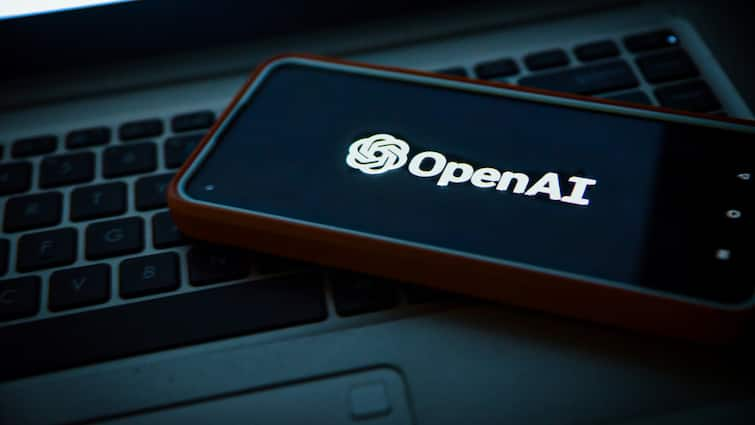


OpenAI CTO, Mira Murati, recently visited her alma mater, Dartmouth Engineering, where she revealed some insights about the future of artificial intelligence and the next generation of OpenAI’s ChatGPT. She revealed that the ChatGPT 3 had the intelligence level of a toddler, the GPT-4 had the intelligence level of a high schooler and the upcoming generation of GPT-5 will have the intelligence of someone with a PhD. During the interaction, she also said that it is likely to take away some creative jobs.
She also revealed the expected launch date for the next generation of ChatGPT. As per Murati, the next generation will be released in around a year and a half. She added that when you will have a conversation with the next generation of ChatGPT then you might feel like it is smarter than you. We had the same speculations as you after hearing this.
The interview moderator, Jefferey Blackburn, who is a Dartmouth Trustee, asked Murati what if three years from now the chatbot becomes much more intelligent than expected and it decides to connect to the internet on its own and start doing things. He asked if that’s something she thinks as the CTO of OpenAI or not.
She answered by saying, “Yes, we’re thinking a lot about this. It’s definitely real that you’ll have AI systems that will have agent capabilities, connect to the internet, talk to each other, agents connecting to each other and doing tasks together, or agents working with humans and collaborating seamlessly. So sort of working with AI like we work with each other today.”
She added, “In terms of safety, security, the societal impacts of this work, I think these things are not an afterthought. It can be that you sort of develop the technology and then you have to figure out how to deal with these issues. You kind of have to build them alongside the technology and actually in a deeply embedded way to get it right. And for capabilities and safety, they’re actually not separate domains. They go hand in hand. It’s much easier to direct a smarter system by telling it, okay, just don’t do these things. They need to direct a less intelligent system. It’s sort of like training a smarter dog versus a dumber dog, and so intelligence and safety go hand in hand.”
She also said that future AI systems will be able to connect to the internet, interact with each other, and collaborate with humans. She also emphasised that smarter AI systems are easy to control and direct safely.
She then added, “It is not possible to have zero risks” when it comes to a technology like AI. Addressing a question about deep fake videos, she says while the responsibility is OpenAI’s because the technology belongs to them, the onus also falls on the user, the civil society, the government, and content creators. “It’s our responsibility how it’s used, but it’s also shared responsibility with society, civil society, government, content makers, media, and so on, to figure out how it’s used.”
Murati believes that AI will “affect everything”. She noted, “There’s not going to be an area that won’t be [impacted], in terms of cognitive work and cognitive labour. Maybe it’s going to take a little bit longer to get into the physical world, but I think everything will be impacted by it.”
She said that some jobs will definitely be impacted, especially “some creative jobs”, but she also believes that these impacted ones would be the ones that “shouldn’t have been there in the first place.” She explained her view and said that the next generation of AI will lower the barrier of ‘creativity’ to such an extent that these jobs will no longer be limited to just talented people rather everyone will be able to do it.